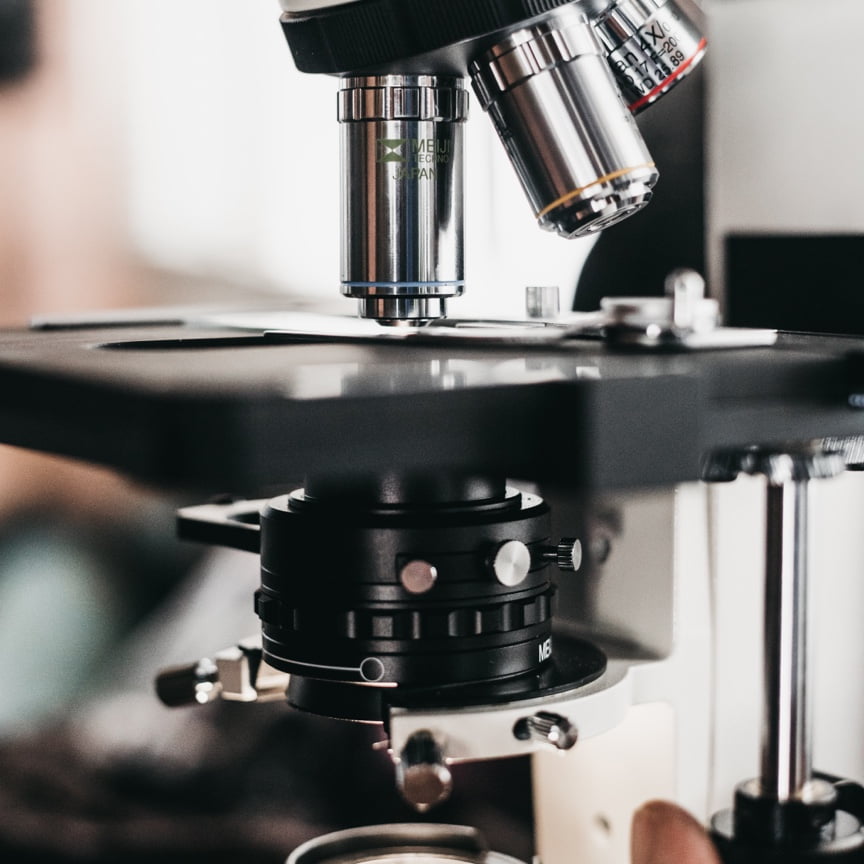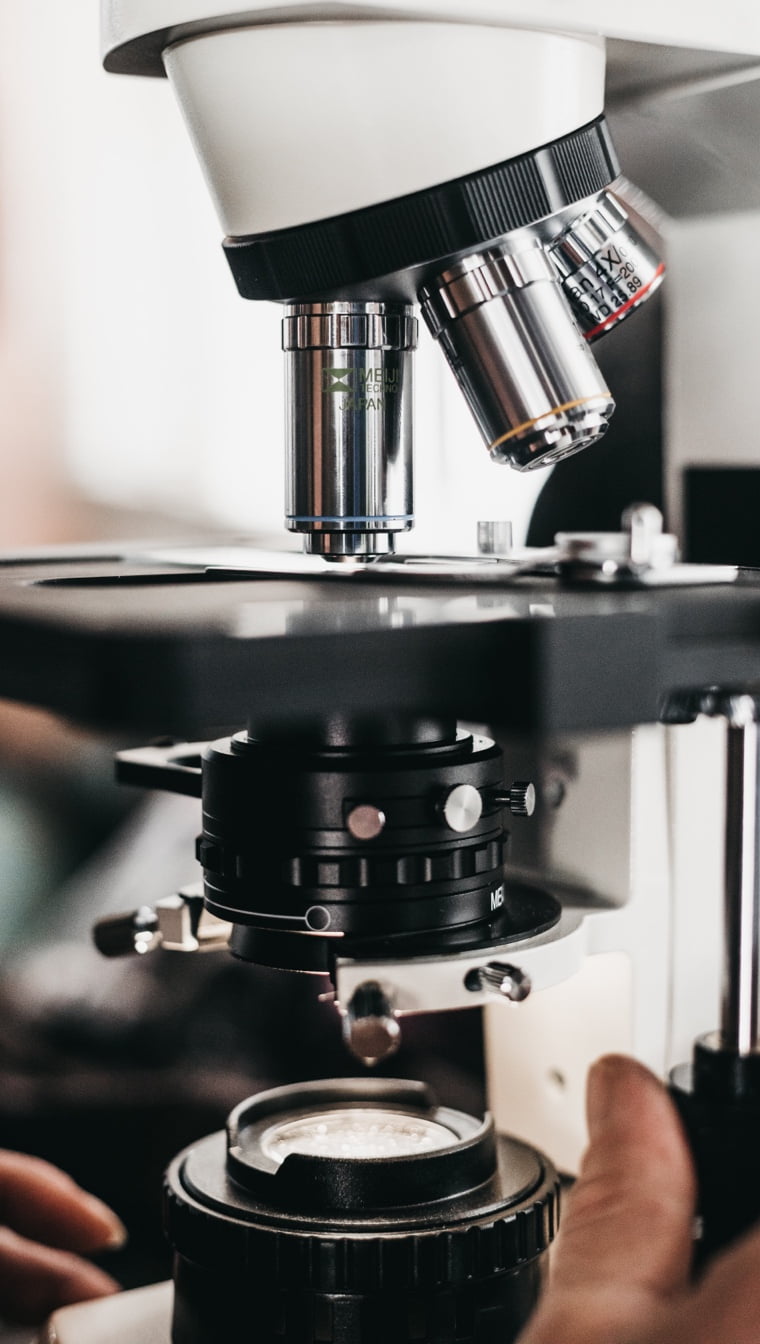Lara Yoon
Lara Yoon earned the Toffler Scholar Award in 2021 at UCLA’s Fielding School of Public Health
Biography
Lara Yoon grew up in Norcross, a suburb just north of Atlanta, Georgia. Her parents’ work in public health inspired her, and her eighth-grade science teacher was influential in her pursuit of science and research.
Her choice to study biology at the Georgia Institute of Technology led to opportunities to work alongside lead investigators and epidemiologists—the researchers who study population health and quantify the burden of diseases in a population. In her early undergraduate studies, she worked with UNICEF in Panama on maternal and child health, then later in Spain at a neuroscience lab doing the nitty-gritty work of experiments and dissections.
It was this experience with UNICEF that solidified her commitment to the public health direction of healthcare and scientific research, so she applied to graduate school. She was accepted to an epidemiology program at Columbia University.
After receiving her Masters of Public Health in epidemiology, Yoon worked for two years at a healthcare consulting firm as a research analyst. In this environment, she worked on a diverse set of epidemiologic and health economics research projects. This experience spurred her to set a
![Lara Yoon [UCLA]Understand the impact of early-life environmental exposures on breast composition](https://tofflertrust.org/wp-content/uploads/2021/10/lara-yoon-profile@2x.jpg)
goal to one day design and execute her own projects. With the support of mentors and a mission to continue her work in cross-disciplinary public health research, she decided to seek additional training in epidemiologic research methods.
Currently, she is a PhD candidate at UCLA’s Fielding School of Public Health, where she is studying the influence of exposure to endocrine-disrupting chemicals on putative markers for breast cancer in adolescents.
![Lara Yoon [UCLA]Understand the impact of early-life environmental exposures on breast composition](https://tofflertrust.org/wp-content/uploads/2021/10/lara-yoon-profile@2x.jpg)
Biography
Lara Yoon grew up in Norcross, a suburb just north of Atlanta, Georgia. Her parents’ work in public health inspired her, and her eighth-grade science teacher was influential in her pursuit of science and research.
Her choice to study biology at the Georgia Institute of Technology led to opportunities to work alongside lead investigators and epidemiologists—the researchers who study population health and quantify the burden of diseases in a population. In her early undergraduate studies, she worked with UNICEF in Panama on maternal and child health, then later in Spain at a neuroscience lab doing the nitty-gritty work of experiments and dissections.
It was this experience with UNICEF that solidified her commitment to the public health direction of healthcare and scientific research, so she applied to graduate school. She was accepted to an epidemiology program at Columbia University.
After receiving her Masters of Public Health in epidemiology, Yoon worked for two years at a healthcare consulting firm as a research analyst. In this environment, she worked on a diverse set of epidemiologic and health economics research projects. This experience spurred her to set a goal to one day design and execute her own projects. With the support of mentors and a mission to continue her work in cross-disciplinary public health research, she decided to seek additional training in epidemiologic research methods.
Currently, she is a PhD candidate at UCLA’s Fielding School of Public Health, where she is studying the influence of exposure to endocrine-disrupting chemicals on putative markers for breast cancer in adolescents.
“Cancer prevention research is really a cross-disciplinary area of public health. Though I am an epidemiologist by training, my research intersects with many other fields, including clinical work, bioinformatics, molecular biology, and analytical chemistry. My education at UCLA has given me the chance to apply epidemiology skills and to learn from other disciplines that are complementary to cancer epidemiology.”
- Lara Yoon

Research Focus
Challenges
Breast cancer is the most common cancer among women. It is a complex disease, and although there is a lot of advocacy for breast cancer research, there are still a lot of unknowns about the origins of the disease. While an array of non-modifiable risk factors have been established, including older age, heritable gene mutations, and radiation exposure, there is a need to identify and better understand potentially modifiable risk factors.
There is also increasing support for the idea that events that occur in the critical early periods of life are important for shaping breast cancer risk in later life. Puberty is an important period of rapid breast development. Exposure to certain factors—for example, environmental chemicals—during this critical window may have an outsized impact on the risk of developing breast cancer later in life.
Breast cancer is typically diagnosed in adult women. A major challenge in studying the pubertal period with observational epidemiologic research is that it is unlikely for participants in these studies to develop breast cancer (there is a long time between exposure and development of breast cancer).

Focus and Priorities
Lara’s research focuses on exposure to endocrine-disrupting chemicals during puberty and their association with adolescent breast density. Endocrine disruptors are chemicals that are found ubiquitously around the world in food preservatives, lotions, plastics, and cosmetics. Breast density, which is hypothesized to peak in adolescence, is one of the strongest markers for breast cancer.
When exposed, endocrine disruptors can alter hormonal and metabolic systems in the body, causing reproductive and developmental disorders. One of the most commonly studied endocrine disruptors is bisphenol-A (BPA), which interferes with estrogen receptors and has been banned in certain uses. Lara’s
research hypothesizes that exposure to these chemicals during puberty may potentially affect breast cancer risk later in life through their influence on adolescent breast density.
The mechanisms through which endocrine disruptors may influence breast density are not well understood. The microbiome (i.e., the trillions of microbes living in the body) has emerged as a potential regulator underlying the associations between environmental exposures and human health, including growth and development, metabolic disease, and cancer. A second research priority is to evaluate the potential association of the microbiome with both endocrine-disrupting chemicals and breast density.


Benefits
Lara hopes to contribute to an understanding of the variation in breast cancer risk associated with environmental exposures in childhood. This can lead to development of early-life recommendations for breast cancer prevention, ultimately decreasing the burden of this disease on the population.
Karen Toffler Charitable Trust Investment
The Investment from the Karen Toffler Charitable Trust will enable Lara to dedicate her time to finishing her dissertation and attend summer workshops and conferences. These workshops on measuring and treating chemicals as a mixture, bioinformatics tools, and bioinformatics software will provide new methods and knowledge she can apply to her current and future studies on endocrine-disrupting chemicals.
“Epidemiologic research always has strengths and limitations. We should be forthright about both when communicating our methods and findings. Research should be replicated, and results should be taken together with the body of other research that's come before it.”
- Lara Yoon